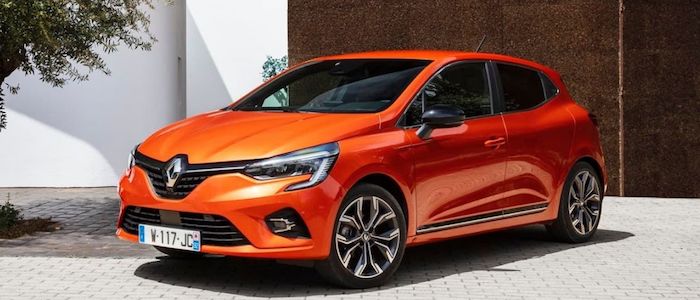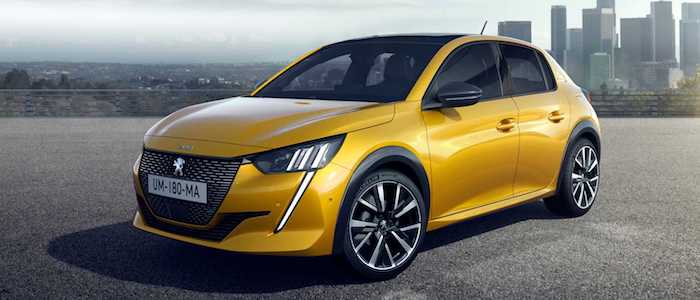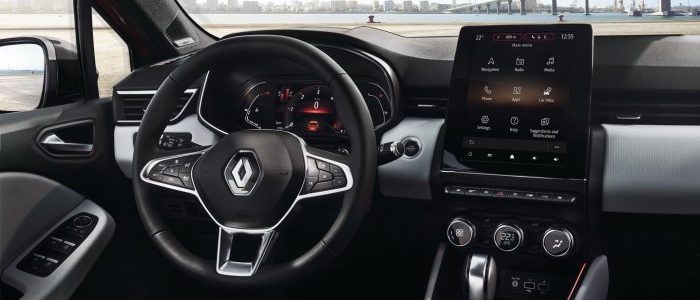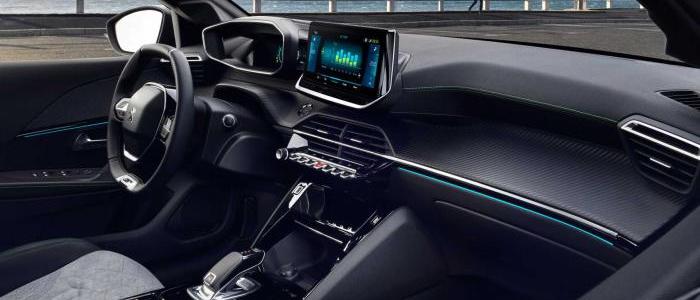Compare two cars
Compare any two cars and get our Virtual Adviser™ opinion
Dimensons & Outlines
Check vehicle history
Engine
1.5 dCi K9K Blue dCi 85
1.5 DV5 RD / DuraTorq DLD-415
Performance (manual gearbox)
Performance (automatic gearbox)
Expenses
Virtual Adviser's™ opinion
Well, these are two pretty similar cars we have here! It's only details that could potentially make the difference. Considering they both belong to the city car segment and utilize the same 5-door hatchback body style and the front wheel drive system, it all comes up to the specific diesel engine choice they offer. The first one has a Renault-engineered powertrain under the hood, a 4-cylinder, 8-valves 85hp unit, while the other one gets its power and torque from a 4-cylinder, 16-valves 102hp engine designed by Peugeot.
SafetyA starting point here would be to take a look at the results from European New Car Assessment Programme (Euro NCAP) tests which were performed on both of the cars, with the Renault being a slightly better choice apparently. Moving further on, let's take a closer look at some additional safety-related facts. Both vehicles belong to the city car segment, which is generally not a very good thing safety-wise, but that fact doesn't break the tie between the two cars. Furthermore, when it comes to weight, a factor that most people underestimate, Clio offers a considerable difference of 17% more metal.
ReliabilityManufacturers have been building their reliability reputation for decades now and, generally speaking, it appears that both brands display similar results in faults and breakdowns, all the models observed together. These are the results of an independent reasearch, while our visitors describe reliability of Renault with an average rating of 4.2, and models under the Peugeot badge with 4.3 out of 5. Some independent research have also placed Clio as average reliability-wise, and 208 is more or less at the same level.We should definitely mention that owners of cars with the same powertrain as Clio rank it on average as 3.0 out of 5, exactly the same as the other one.
Performance & Fuel economyPeugeot is way more agile, reaching 100km/h in 4.5 seconds less than its competitor. In addition to that it accelerates all the way to 188 kilometers per hour, 10km/h more than the other car. When it comes to fuel economy things look pretty much the same for both cars, averaging around 3.5 liters of fuel per 100 kilometers (81 mpg), in combined cycle.
Verdict
Peugeot appears just a bit more reliable, although the difference is truly marginal. The most important thing when deciding between any two vehicles should always be safety, both passive and active. In my opinion, everything taken into account, Clio beats the other contender by far, making it the best choice without even considering other things. From there things take a different direction, with Peugeot outracing its opponent in any situation possible, making it better choice for boy racers. To make things even better, it consumps less fuel! I believe that, when we take all into account, we have only one winner here - the Peugeot. Nevertheless, let's not forget that people have different preferences and needs, so what really counts is your personal feel. I'm only here to help. In case you have two minutes to spare I invite you to define your needs, desires and budget and see which car would be chosen by the virtual adviser™, out of 12.000+ vehicles we currently have in our database.

































